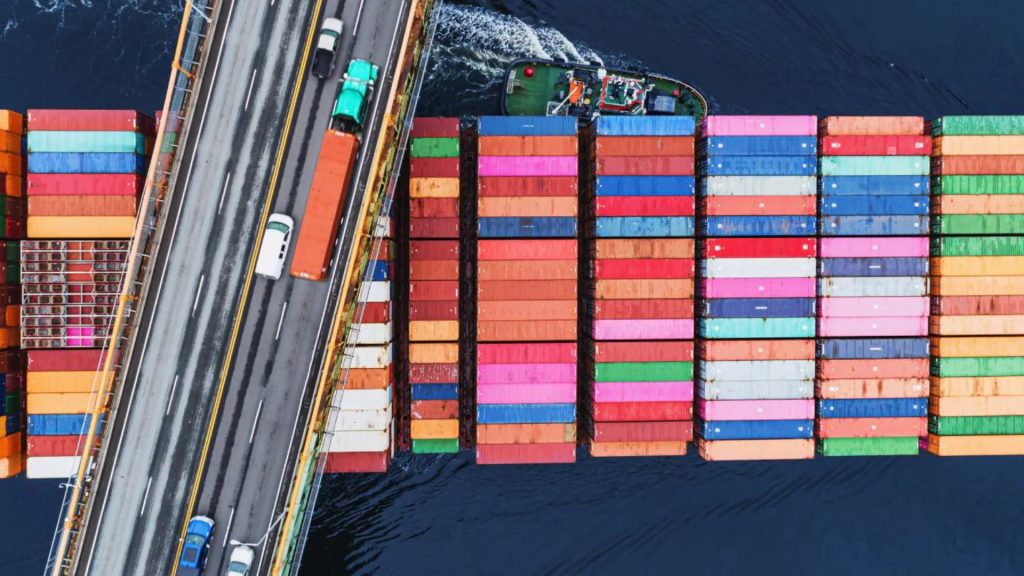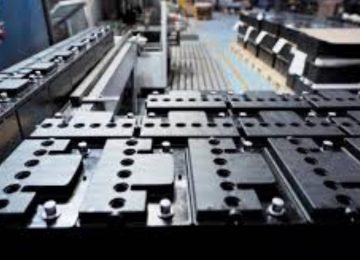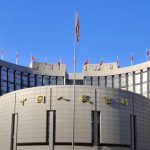Barely two months to go before the definitive compliance period begins on January 1, 2026, the European Union’s Carbon Border Adjustment Mechanism (CBAM) has entered a critical new phase. Provisional benchmark values have recently circulated among market stakeholders, providing the first clear look at the substantial financial obligations importers are about to face.
The newly surfaced data indicate that mandatory carbon costs are set to be higher than initially expected. The new thresholds establish a significant compliance obligation that mandates immediate, urgent action for global suppliers and importers, especially those currently relying on non-verified data or punitive standardized default emission factors.
Omnibus simplifies, but verification remains strict:
The earlier Omnibus Regulation introduced several simplifications. These measures were intended to reduce administrative burdens, particularly for small businesses.
The previous low-value exemption (€150) is now a mass-based threshold of 50 tons of total CBAM-covered goods per year. This exempts an estimated 90% of importers, mostly SMEs. However, it still covers 99% of total emissions.
The payment deadline for 2026 imports has also been postponed to September 30, 2027. This provides a critical cash flow advantage for importers. The mandatory quarterly advance purchase for certificates has been reduced from 80% to 50%.
Stricter rules counter greenwashing allegations:
Despite the Omnibus easing administrative deadlines, it did not weaken the core anti-greenwashing requirements. The CBAM framework is inherently designed to counteract deceptive “green” claims.
The key mechanism is the mandatory need for emissions verification.
Mandatory Verification: The framework compels non-EU producers to seek annual third-party verification of their actual CO2 emissions. This process adheres to rigorous, EU-standardized methodologies. Failure to pass verification means the data cannot be used for the CBAM declaration. This prevents companies from making unsubstantiated “green” claims.
Punitive Default Values: Importers must choose between verified actual data or standardized default emission values. The Commission will apply a conservative markup to these default values. They are often linked to the highest emission intensity producers. This financial penalty acts as a powerful deterrent against non-verified data.
Strict Benchmarks: Provisional benchmarks establish high, measurable decarbonization standards. For instance, scrap-based EAF steel is benchmarked at 0.288 tCO2/Ton. This ensures only genuinely low-carbon production methods receive a significant financial benefit.
Financial impact on the steel sector:
Detailed provisional figures for the steel sector clarify the cost pressure. The draft provides three distinct values based on production routes:
BF/BOF (Blast Furnace): 1.530 tCO2/Ton
DRI/EAF (Direct Reduced Iron): 1.033 tCO2/Ton
Scrap-Based EAF: 0.288 tCO2/Ton
With a typical EU carbon permit price around €80–€90 per ton of CO2, imports of high-emission BF/BOF steel face estimated costs of roughly €80 to €120 per ton of steel. This wide benchmark variation immediately affects the long-term competitiveness of carbon-intensive imports.
The CBAM will significantly hit India’s steel and aluminium exports from 2026. High carbon intensity means Indian products face steep EU carbon taxes, potentially increasing costs by up to 25%. Exporters must urgently verify emissions to avoid punitive default fees. India is pushing its own carbon credit scheme to mitigate the financial shock.
The compliance mandate:
The absence of final benchmarks and official default values creates market uncertainty. Trading activity for 2026 import contracts has slowed as companies need accurate cost figures.
The core mandate for non-EU producers is clear. They must urgently prioritize annual verification of their actual CO2 emissions. This is the only way to mitigate the significant financial risk associated with the punitive default values. The verification process represents a major, non-negotiable logistical requirement for international business operations.













